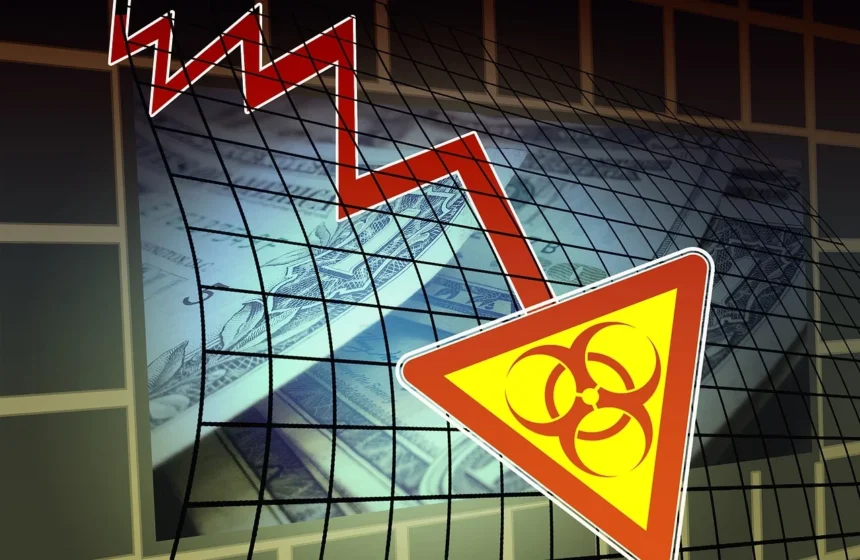Republicans are running out of time to extend the 2017 Tax Cuts and Jobs Act (TCJA) before it expires on December 31, 2025. If they fail, tax hikes will hit individuals and businesses, shrinking incomes and slowing economic growth. But with a divided Congress and internal GOP disagreements, passing an extension won’t be easy.
What Happens if the Tax Cuts Expire?
If Congress does nothing, tax rates will automatically revert to pre-2017 levels, resulting in:
- Higher income tax rates across all brackets.
- A reduced standard deduction, meaning more taxable income for households.
- A lower Child Tax Credit, increasing financial pressure on families.
- The end of the 20% pass-through business deduction, raising taxes on small businesses.
Republicans argue that keeping the TCJA in place will maintain economic momentum, while Democrats warn it will explode the national debt without revenue offsets.
Republican Strategy: Extend or Rewrite?
House Republicans have proposed a $4.5 trillion extension of the tax cuts, tied to a $4 trillion debt ceiling hike and spending cuts. However, the GOP is split on how to proceed:
- Fiscal conservatives want deep spending cuts to offset the tax extensions.
- Pro-business Republicans want a clean extension, fearing that tax hikes will hurt hiring and investment.
- Senate Republicans, led by John Thune, are crafting their own tax package, focusing on border security, energy, and defense—potentially sidelining the House’s plan.
Economic and Political Fallout
Extending the TCJA isn’t just about tax policy—it’s about election-year politics.
- The Congressional Budget Office estimates making the tax cuts permanent would add $4.6 trillion to the national debt over a decade—a key argument for Democratic opposition.
- Businesses warn that higher taxes will slow job growth, investment, and wage increases.
- The 2024 election results will determine whether Republicans can push through an extension or if Democrats reshape the tax system.
The Roadblocks
The biggest challenge? Democratic opposition and GOP infighting.
- Senate Democrats, led by Chuck Schumer, won’t approve an extension unless higher earners and corporations pay more.
- House Republicans can’t agree on whether to pass a single sweeping tax bill or extend provisions piece by piece.
With less than a year before the deadline, Republicans must decide whether to hold the line on tax cuts or negotiate a deal. If they fail, millions will see tax hikes in 2026, and the economic impact could define the next presidency.






